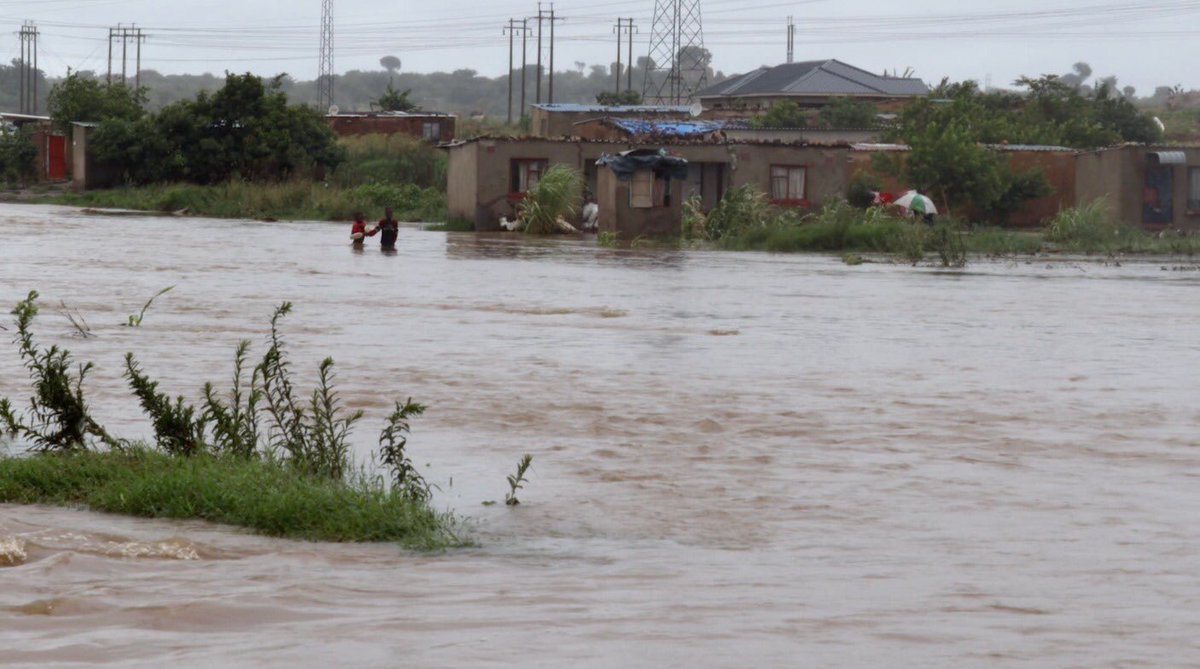The Network for Environmental and Climate Justice (NECJ) highlighted the importance of wetlands for human well-being and sustainable development on World Wetlands Day.
The subject for 2024 is “Wetlands and Human Wellbeing,” which emphasises the complex relationship that exists between wetlands, human health, and sustainable development.
Statistics show that 64% of the world’s wetlands have disappeared since 1900, highlighting the grave threat that wetlands confront worldwide. A reduction in fresh water availability as a result of this loss has affected an estimated 2 billion people globally. NECJ urges global cooperation in wetlands protection in order to preserve sustainable development and human welfare.
Wetlands are a significant supply of water in Harare, the capital of Zimbabwe, but they are still disappearing as a result of unsustainable activities like sand mining, agriculture, weak law enforcement, illegal construction, and pollution.
NECJ, a signatory to the Ramsar Convention, begs the Zimbabwean government to give wetland protection first priority because it is essential to the survival of human habitat and well-being.
Zimbabwe has put in place legal frameworks that emphasise the value of preserving wetlands, such as the Environmental Management Act and related laws.
The defunct Harare Masterplan, which was last revised in 1992, contains few mention of wetlands and the vital functions they provide to the city. This has opened the door for haphazard land distribution, which frequently ignores environmental sustainability and includes wetlands.
Given that wetlands are Harare’s second supply of water after runoff, their preservation and restoration could help address the city’s widespread degradation of wetlands and unpredictable water supplies.
The network stated, “It is noteworthy that wetland ecosystems have not been adequately taken into account in land use planning in Harare, and this has resulted in significant costs for the city.”
According to NECJ, Harare still applies antiquated colonial laws on urban planning that were designed with a lower population in mind, which is detrimental to appropriate land use and planning.
“At the moment, the city is operating under an antiquated master plan, and as a result, these projects are being implemented in Harare, where the demand for land for housing or construction is constantly growing.”
For feedback and comments, please contact ZiMetro News on WhatsApp: +27 82 836 5828.

For comments, Feedback and Opinions do get in touch with our editor on WhatsApp: +44 7949 297606.
